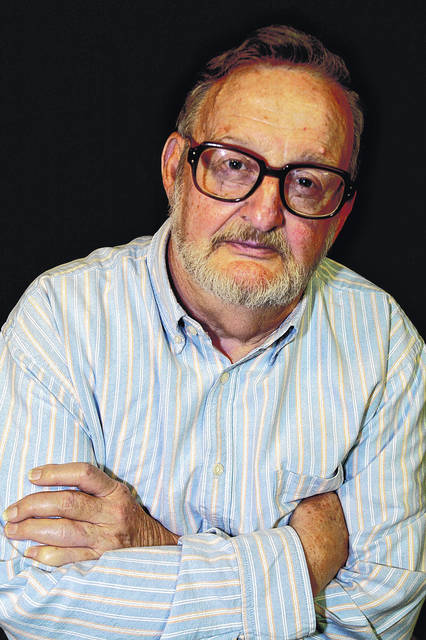
It seems to me that among the various restrictions on our activities imposed or recommended to counter the coronavirus, one is quietly making our everyday lives more difficult.
Oh, sure, we have problems with stay-at-home, keep-your-distance, clean-everything-with-sanitizing-wipes, and other such procedures, but the one that creates a not-so-obvious hardship is wearing a face mask. Advocates of the face mask point out that one of the primary means of spreading the virus, that of propagation through droplets expelled by a person’s breath, can be reduced by up to 60 percent by both infected individuals and non-infected ones wearing effective face masks. The virus contained in an infected person’s breath is largely trapped by a mask from being transmitted into the air while a mask on an uninfected individual adds protection against residual virus that escapes the infected person’s mask.
Of particular interest in this scenario is that the most recent figures I’ve seen show that about 35 percent of all who have tested positive for the virus have no symptoms. That’s right! That means lotsa folks are walking around showing no signs of infection but are capable of spreading the virus and infecting others. Thus, the risk factor, both for transmitting and catching the virus increases considerably if individuals elect not to wear masks. Sure makes the argument for masks pretty doggone compelling.
OK, other than the discomforts such as having one’s glasses steam up when entering an air conditioned store and getting the back of the ears chafed by the rubbing of those elastic loops that keep a mask in place, what’s the problem? Well, it has to with do how critical transmission and reception of information is impaired by the masks. So it’s time for a bit of background on the subject.
One of our most important senses is that of hearing which we rely on to provide us with all sorts of information. Each event such as baby’s cry, a scream for help, the sound of a tornado siren, the whistle of an official at a sports event, the musical performance of an individual or an ensemble, and likely most important, the words of another individual, provide us with unique awareness about our world.
The sense of hearing involves the generation and transmission of a vibration that propagates as what is known as an acoustic wave through a medium such as a gas, liquid or solid. Simply put, what we describe as our sense of “hearing’ is the reception of such waves, their stimulation of our physical hearing mechanism, and their perception, comprehension, and understanding by our brain. The patterns of the different frequencies in the acoustic wave contain the content. This is extremely important in transmission and reception of human speech in that suppression or distortion of frequencies may well result in inaccurate, incomplete, or incorrect content being perceived and understood.
Got all that?
OK, so what does this have to do with face masks? Well, face masks not only filter out those nasty virus critters, they also act as filters for the acoustic waves generated when we speak. Yep, as these information-filled waves encounter the physical barrier of a face mask they are all reduced to some degree, but higher frequencies in these waves are diminished far greater than others. Unfortunately, these frequencies are the ones that give specific meaning to many of our words.
Most everyone who has hearing loss does so in the higher frequencies of the human hearing range. Sounds from such letters as “t,” “p,” and “s” among others are rich in high frequencies, so the meaning of words containing letters such as these may be lost if the hearing mechanism cannot process them properly — hence we get hearing aids that over-amplify these higher frequencies. Well, because masks tend to filter out these higher frequencies, they kinda imitate hearing loss.
One more thing. Those of us who wear hearing aids know they do not replace original hearing capability — especially in those all-important higher frequencies. Most of us learn to watch a speaker’s lips because the formation of a word with “p” is much different from a similar sounding word with a “t.” It’s not true lip reading but gives additional clues about which word is being spoken. Unfortunately masks take away this additional tool for communicating for us hearing impaired.
Well, we see the response to this difficulty almost every day as folks remove or push aside their masks to make sure they’re understood. I guess not every precaution is perfect.
At least that’s how it seems to me.


